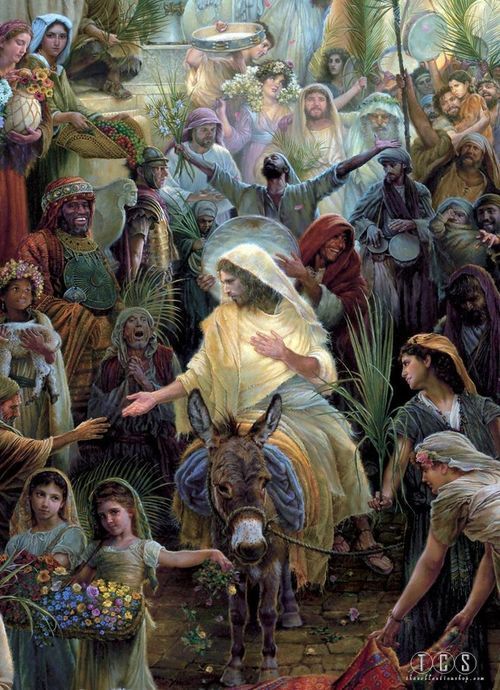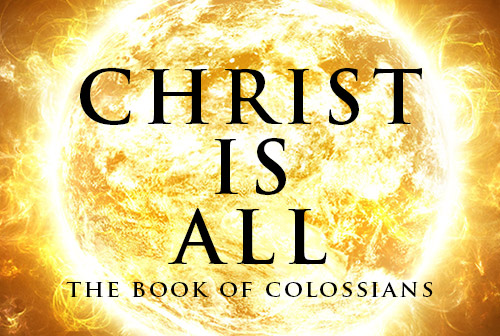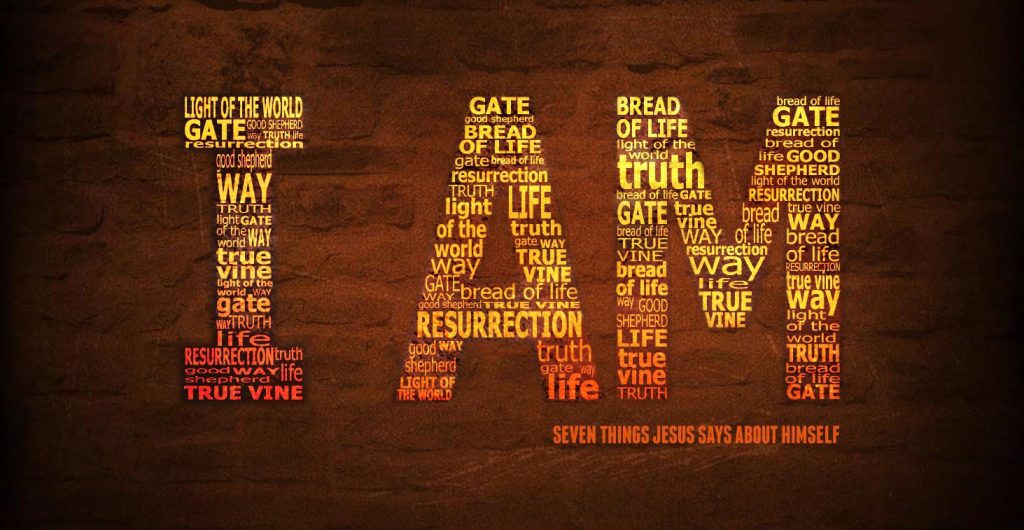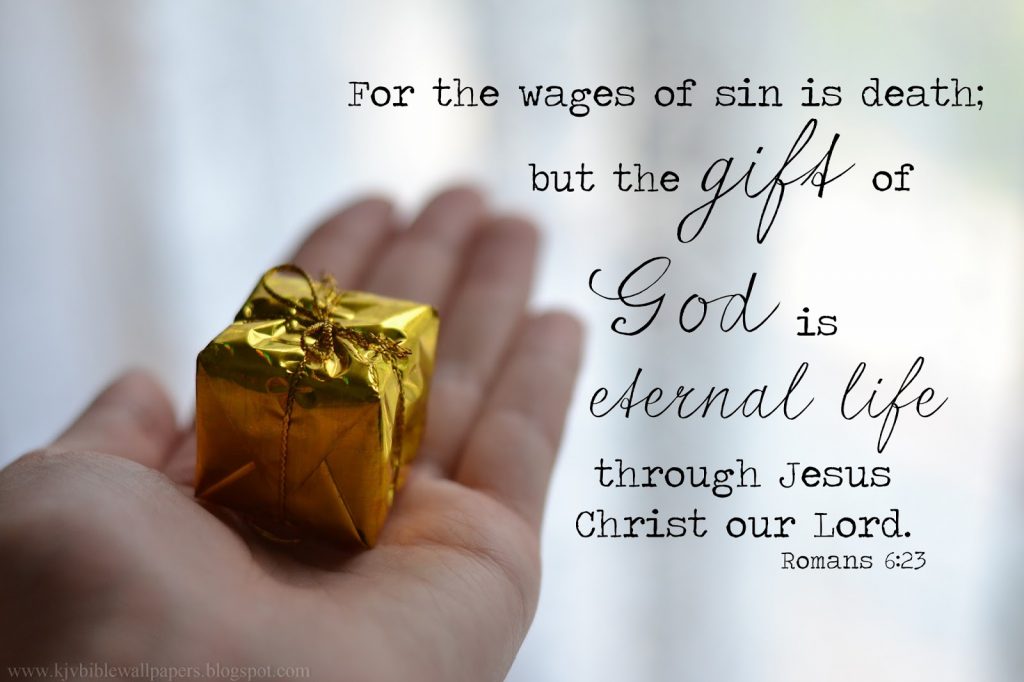Which Is, And Which Was, And Which Is To Come. [five]

“…behold, thy King :… just, …salvation; lowly, and riding upon an ass” [Zech 9:9].
(…continued from part four…)
5) This topic, titled, “Which is, and which was, and which is to come,” is a pellucidity of an epithet which is in allusion to the Father and of the Son.
We understand the transcendentalism of the Eternal Father. If the Son appropriates “Which is, and which was, and which is to come,” to Himself, there is no doubt why He is “over all God, blessed forever” of Romans 9:5. The expression ‘which was’ speaks of His immutability. Jesus’ fixity accentuates His agelessness. “Which,” ho in Greek, is simply of definite article ‘the.’ En (ayn) the Greek word for ‘was’ being an imperfect tense of eime (am, be, being), is best defined as ‘One.’ As one commentary couches it: ‘particularly this phrase is expressive of the eternity of Christ, who is, was, and ever will be; and of his immutability, who is the same he was, and will be for ever the same he is, and was, unchangeable in his person, in his love, and in the virtue of his blood, righteousness, and sacrifice; he is the same today, yesterday, and for ever. It is a further proof of the deity of Christ.” Jesus is the One. The One and the only One like Him. Incomparable! He is very God of very God.

Another commentary runs thus: which is . . . was . . . is to come—a periphrasis for the incommunicable name JEHOVAH, the self-existing One, unchangeable. In Greek the indeclinability of the designation here implies His unchangeableness. Perhaps the reason why “He which is to come” is used, instead of “He that shall be,” is because the grand theme of Revelation is the Lord’s coming (Re 1:7). Still it is THE FATHER as distinguished from “Jesus Christ” (Rev. 1:5) who is here meant. But so one are the Father and Son that the designation, “which is to come,” more immediately applicable to Christ, is used here of the Father.

The most enigmatic personage to tread upon our world: JESUS
Yet another commentary reads, “This phraseology is purely Jewish, and probably taken from the Tetragrammaton, יהוה YEHOVAH which is supposed to include in itself all time, past, present, and future. But they often use the phrase of which the ὁ ων, και ὁ ην, και ὁ ερχομενος, of the apostle, is a literal translation. So, in Sohar Chadash, fol. 7, 1: “Rabbi Jose said, By the name Tetragrammaton, (i.e. יהוה Yehovah,) the higher and lower regions, the heavens, the earth, and all they contain, were perfected; and they are all before him reputed as nothing:- והוא היה והוא הוה והוא יהיה vehu hayah, vehu hoveh, vehu yihyeh; and HE WAS, and HE IS, and HE WILL BE. So, in Shemoth Rabba, sec. 3, fol. 105, 2: “The holy blessed God said to Moses, tell them: – אני שהייתי ואני הוא עכשיו ואני הוא לעתיד לבוא ani shehayithi, veani hu achshaiu, veani hu laathid labo; I WAS, I NOW AM, and I WILL BE IN FUTURE.”

“In Chasad Shimuel, Rab. Samuel ben David asks: “Why are we commanded to use three hours of prayer? Answer: These hours point out the holy blessed God:- שהוא היה הוה ויהיה shehu hayah, hoveh, veyihyeh; he who WAS, who IS, and who SHALL BE. The MORNING prayer points out him who WAS before the foundation of the world; the NOONDAY prayer points out him who IS; and the EVENING prayer points out him who IS TO COME.” This phraseology is exceedingly appropriate, and strongly expresses the eternity of God; for we have no other idea of time than as past, or now existing, or yet to exist; nor have we any idea of eternity but as that duration called by some aeternitas a parte ante, the eternity that was before time, and aeternitas a parte post, the endless duration that shall be when time is no more. That which WAS, is the eternity before time; that which IS, is time itself; and that which IS TO COME, is the eternity which shall be when time is no more.”

` Rid your mind of unscriptural thoughts. Get born again. Say this simple prayer, believing it with all your heart. Say:
“Dear heavenly Father, I come to You now in the name of Jesus Christ. I believe in my heart that Jesus is the Son of God. I believe that Jesus died on the cross for my sin. I believe that You raised Him from the dead. I confess with my mouth that Jesus is Lord and I receive Him now as my Lord and my Saviour. I give God all the glory. Amen!”
(…to be continued…)
Read part four here
Kindly click here to read part six
Visits: 3040



